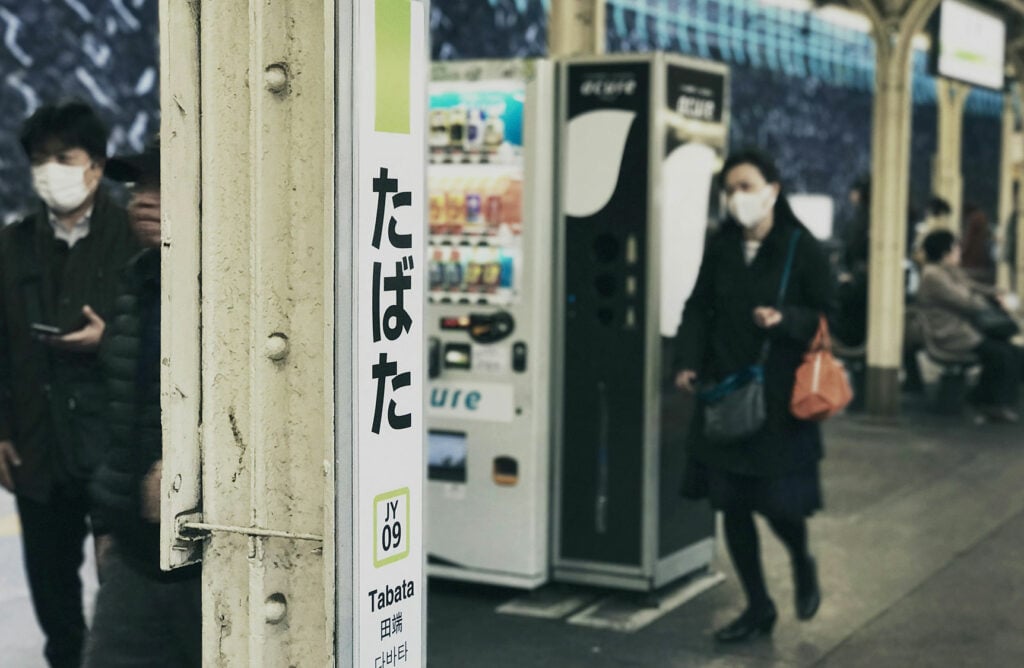Pandemic Governance & Civic Freedoms
Best Practices from Japan
PUBLISHED: JANUARY 2024
Asia Centre’s previous research on COVID-19 pandemic management across Asia revealed a concerning trend marked by an increase in laws and regulations curtailing civic freedoms.
However, amidst these challenges, a few Asian nations have garnered international recognition for effectively curbing the virus while generally safeguarding civic freedoms. Japan, the focus of this report, stands out for adeptly utilising its legal framework without compromising fundamental rights, earning acclaim for balanced pandemic management.
This report evaluates Japan’s performance balancing effective public health responses with securing people’s civil and political rights. To combat COVID-19, Japan implemented three legal measures:
- It declared a unique state of emergency at both national and prefectural levels, allowing residents to continue their daily lives without rights infringement.
- Japan’s legislature, the National Diet, swiftly introduced amendments to existing laws, classifying COVID-19 as a “new infectious disease” and enabling effective measures.
- Specialized COVID-19 task forces utilized a “cluster-based” approach to identify and manage concentrations of infected patients in specific areas, successfully containing the spread of disease.
With the help of these measures, deployed sensibly and in a restrained manner, Japan attained one of the lowest fatality rates worldwide, while still respecting its people’s civic freedoms. In doing so, it employed four best practices.
- The Japanese government prioritized transparent communication throughout pandemic management, ensuring residents were well-informed of all implemented measures.
- Collaborative efforts between international organisations, civil society organisations and prefectural authorities focused on safeguarding the needs and civic freedoms of vulnerable groups during health emergencies.
- Healthcare experts took the lead in executing the COVID-19 plan, with decision-making responsibilities delegated to medical professionals instead of military or police officials.
- Japan adopted a decentralised approach, delegating responsibility and implementation to regional and local municipalities who could better assess the needs of local populations.
While Japan managed to balance anti-COVID-19 measures with respect for civic freedoms, the report highlights areas for improvement. Only through a critical assessment of both successes and areas for improvement in pandemic governance can governments develop more effective responses to future emergencies.
To learn more about government responses to COVID across Asia and the Pacific, visit our resource page here.
Sign up for our newsletters
Sign up
